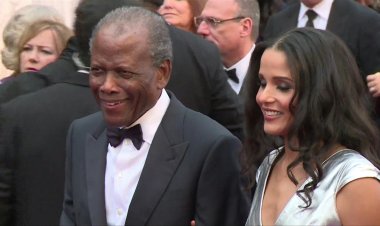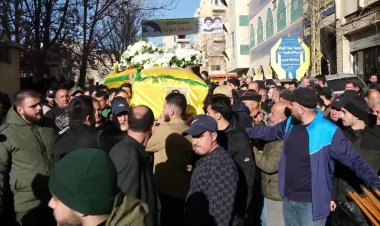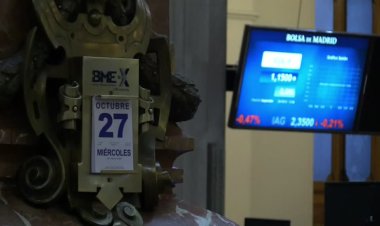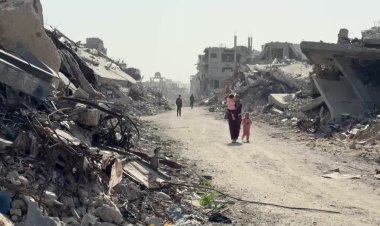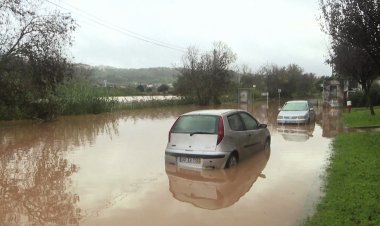Iran urges US to unfreeze $10 bn to show 'good will'
Iran's Foreign Minister Hossein Amir-Abdollahian calls on the United States to unlock $10 billion of Tehran's frozen assets to clear the way for a return to a nuclear deal with major powers, in an interview with state television broadcast late Saturday.
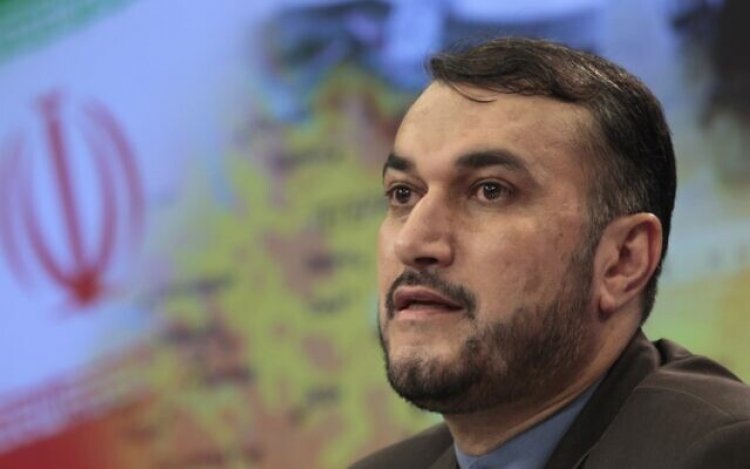
"If (U.S. President Joe) Biden's intentions are serious, he must first issue a serious signal, and one of those signs is to release at least 10 billion U.S. dollars of our own money," Amir Abdollahian said in an interview on Iran's IRIB state TV.
The Iranian chief diplomat said he recently sent that request during the UN General Assembly in mid-September when U.S. officials "tried to contact" him through different mediators.
"They are not willing to free $10 billion belonging to the Iranian nation so that we can say that the Americans once in the past several decades considered the interests of the Iranian nation," he said in the TV interview.
Iran will "soon" return to negotiations over the 2015 nuclear agreement, but the United States "must show their good will," he added.
Concerning Western governments hastening Iran to resume talks quickly, the minister said Iran's current administration, which assumed office in late August, needed a "reasonable amount of time" to prepare its negotiating team and strategy.
The precise composition of Iran's new negotiating team is currently being finalized, and the overall approach of the current administration to the nuclear negotiations is nearly completed, he said.
On Thursday, the EU High Representative for Foreign Affairs and Security Policy Josep Borrell voiced confidence at a news conference in Qatar's capital Doha, that talks to reactivate the 2015 nuclear agreement will resume "within an acceptable period of time."
Amir Abdollahian added if Iran's Western counterparts in the negotiation do not "show true intention," the current Iranian administration will not "be idled at such a negotiating table."
Regarding the location and the format of negotiations, the foreign minister said he has no problem in continuing the talks in Austria's capital Vienna on the same format that was used in the previous six rounds, between April 6 and June 20.






